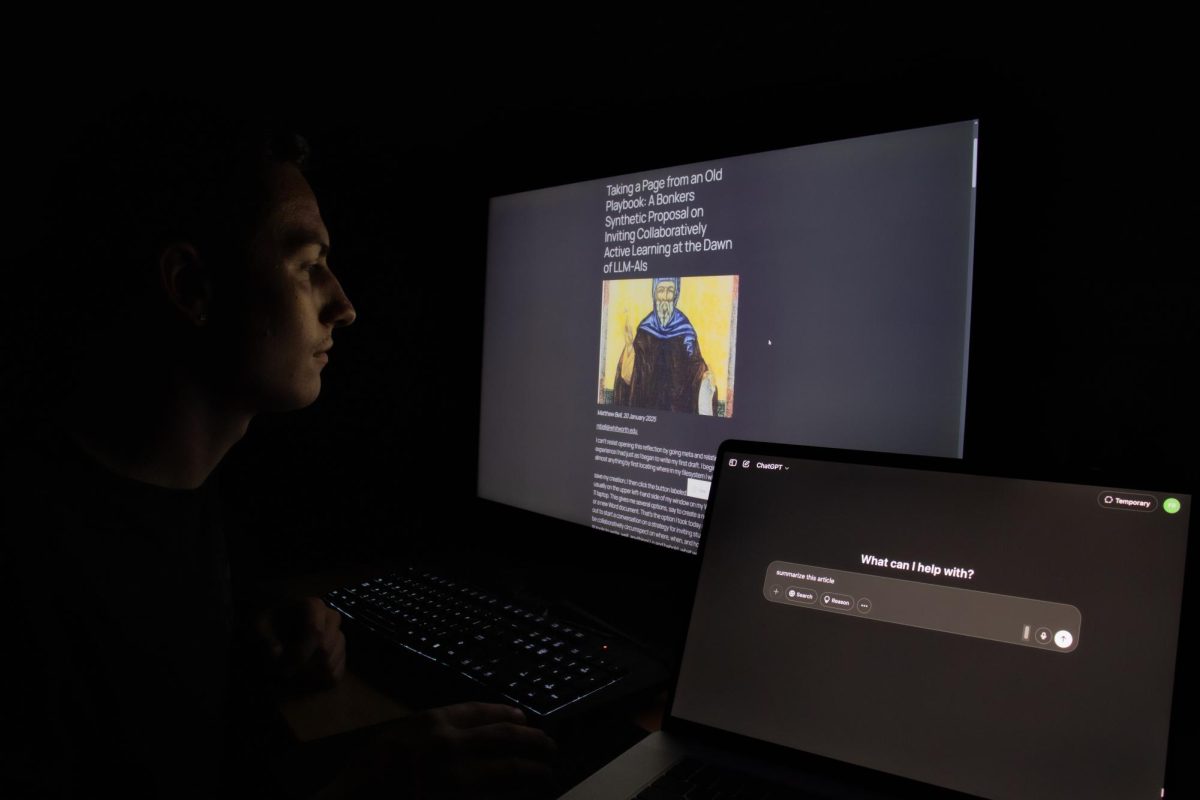Last spring, an idea of providing students with honors courses was presented. A new program has since been implemented, but there remains some confusion as to what the honors program is and what opportunities it provides for students.
The George Whitworth Honors Program, which began this fall, allows high-achieving and motivated students who are admitted with honors to be eligible for challenging and enriching academic experiences over their four years at Whitworth.
The program seeks to be based upon academic excellence, active and collaborative learning, a Christian mission, community, educational breadth and vocational preparation.
Associate professor of education Kathryn Picanco is a member of the steering committee that shapes the honors program.
“The program was designed as part of the strategic plan to include programs with more academic rigor,” Picanco said. “It provides faculty a way to bring a different dimension to their courses.”
The honors program is a work in progress. Only seven courses are being provided this year, but that number will increase over the years as the program grows.
“We are hoping to offer five to eight honors courses at each class level every year,” said professor of English Doug Sugano, who facilitates the program.
The program will be in full force in four years. There will be 30-40 available honors courses in total, Sugano said.
The role of the steering committee extends beyond the initial creation of the program.
“Our steering committee has been formed to determine what an honors course will provide and develop the different components of the program,” Picanco said.
Reviewing proposals is only one of the many tasks performed by the steering committee. It also takes all the recommendations of faculty members to either Faculty Assembly or Curriculum Oversight, Vision and Approval Committee for the final say. The committee creates and makes recommendations, but it does not make the final decision.
Input from students also plays a key role in shaping the program.
“We receive feedback from freshmen about the courses, from both participants of the program and future participants,” Picanco said.
The honors courses are not intended to be an accelerated course, but are designed to go into greater depth in an area a student is familiar with, Picanco said.
“We want honors courses to provide interesting, interactive, interdisciplinary and challenging content,” Sugano said.
Tara Jones is a freshman student in the Core 150 honors course.
“I thought since most people don’t like Core this would provide a more positive view on the course,” she said.
An honors course can be expected to have more material for students in order to enhance their educational experience.
“We have to read a whole additional book and have more homework. It is more rigorous,” Jones said.
She plans to stay in the honors program and hopes to see an honors course provided in the theology department.
Honors courses will offer students vocational discussions based on their course and interdisciplinary topics that enhance the course. There will also be opportunities to take field trips and listen to guest speakers who are relevant to the course and chances to apply the course content in the real world as well as on campus.
“Honors courses provide an alternate experience for students,” Picanco said. “They are taking a different approach to learning. I think it is a really exciting opportunity for the university.”
There are multiple ways for students to get into an honors course.
“To qualify for the program, incoming freshmen must have an SAT score of 1870 or higher and maintain a GPA of 3.75 at Whitworth,” Sugano said.
Students who do not meet these qualifications can get into the honors program with a professor’s recommendation.
Although the program is only for freshmen this year, upperclassmen will be able to take honors courses in the years to follow.
To graduate as a George Whitworth Scholar, students must complete at least 12 credits within the honors program with at least six of these credits being upper-division. No more than nine honors credits can be earned within a single department.
“If students want another perspective on what they’re learning, they should take an honors class. It adds to your education,”
Jones said. “You put more into it and so you get more out of it.”
Contact Rebekah Bresee at rbresee16@my.whitworth.edu







 Spokane?
Spokane?